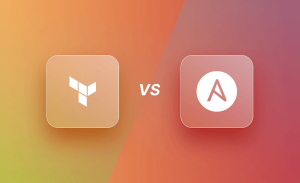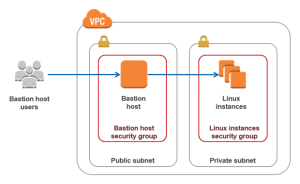
Artificial intelligence (AI) is a rapidly evolving field with the potential to revolutionize many aspects of our lives. AI tools are already being used in a variety of ways, from powering self-driving cars to helping doctors diagnose diseases. As AI continues to develop, it is likely to have an even greater impact on our lives.
One of the most significant impacts of AI is likely to be on the workplace. AI tools are already being used to automate many tasks that were once done by humans. This is leading to job losses in some industries, but it is also creating new jobs in other industries. For example, AI tools are being used to develop new products and services, and they are also being used to improve customer service.
AI is also likely to have a significant impact on education. AI tools can be used to personalize learning, provide feedback, and help students learn at their own pace. This could lead to improved educational outcomes for all students.
In addition to the workplace and education, AI is also likely to have a significant impact on our personal lives. AI tools can be used to help us with our health, our finances, and our relationships. For example, AI tools can be used to monitor our health, track our spending, and provide relationship advice.

The future of AI is uncertain, but it is clear that AI tools have the potential to revolutionize many aspects of our lives. AI is likely to have a significant impact on the workplace, education, and our personal lives. It is important to be aware of the potential impacts of AI so that we can be prepared for the changes that are to come.
Here are some of the potential benefits of AI tools:
- Increased productivity: AI tools can automate tasks that were once done by humans, freeing up time for humans to focus on more creative and strategic work.
- Improved decision-making: AI tools can analyze large amounts of data and identify patterns that humans might miss. This can help humans make better decisions.
- Personalized experiences: AI tools can be used to personalize experiences for each individual user. This can lead to a more satisfying and engaging user experience.
However, there are also some potential risks associated with AI tools:
- Job loss: As AI tools become more sophisticated, they are likely to automate more and more tasks. This could lead to job losses in some industries.
- Bias: AI tools can be biased, which could lead to discrimination against certain groups of people.
- Cybersecurity: AI tools are complex and can be vulnerable to cyberattacks. This could lead to data breaches and other security problems.
It is important to be aware of both the potential benefits and risks of AI tools so that we can make informed decisions about how to use them.

Using AI tools offers several advantages, but it also comes with certain drawbacks. Here are some of the pros and cons of using AI tools:
Pros:
- Efficiency and Automation: AI tools can automate repetitive tasks, leading to increased efficiency and productivity. They can process large amounts of data quickly and accurately, saving time and effort for users.
- Improved Decision-Making: AI tools can analyze vast amounts of information and provide insights and recommendations to support decision-making processes. They can identify patterns, trends, and correlations that may not be easily discernible to humans.
- Enhanced Accuracy: AI tools can perform tasks with a high level of accuracy and consistency, reducing the potential for human errors. They can help minimize mistakes in various domains, such as data analysis, language translation, and image recognition.
- Scalability and Adaptability: AI tools can scale their capabilities to handle increasing workloads without significant resource constraints. They can adapt and learn from new data and experiences, improving their performance over time.
- Innovation and Creativity: AI tools can contribute to innovation by generating novel ideas, solutions, and recommendations. They can assist in exploring new possibilities, problem-solving, and driving advancements across various fields.
Cons:
- Lack of Human Judgment: AI tools rely on algorithms and predefined rules, which can limit their ability to exercise subjective judgment or context-specific decision-making. They may not fully consider ethical, moral, or social implications in certain situations.
- Data Dependence: AI tools require substantial amounts of data to train and operate effectively. The quality and representativeness of the data used can impact the accuracy and biases of the AI models. Biased or incomplete datasets can lead to skewed or erroneous results.
- Limited Understanding and Interpretation: AI tools may lack the ability to comprehend complex contexts, nuances, or abstract concepts beyond their training data. They might struggle with tasks that require common sense reasoning, empathy, or deep understanding of human emotions.
- Security and Privacy Concerns: The use of AI tools can raise concerns regarding data security and privacy. As AI often deals with sensitive information, there is a risk of unauthorized access, data breaches, or misuse if proper safeguards are not in place.
- Unemployment and Workforce Displacement: The automation capabilities of AI tools can lead to job displacement in certain industries or occupations. It may require reskilling or upskilling of the workforce to adapt to new roles and mitigate potential employment challenges.
It is important to note that the specific pros and cons of using AI tools can vary depending on the particular tool, application, and context in which they are used.





